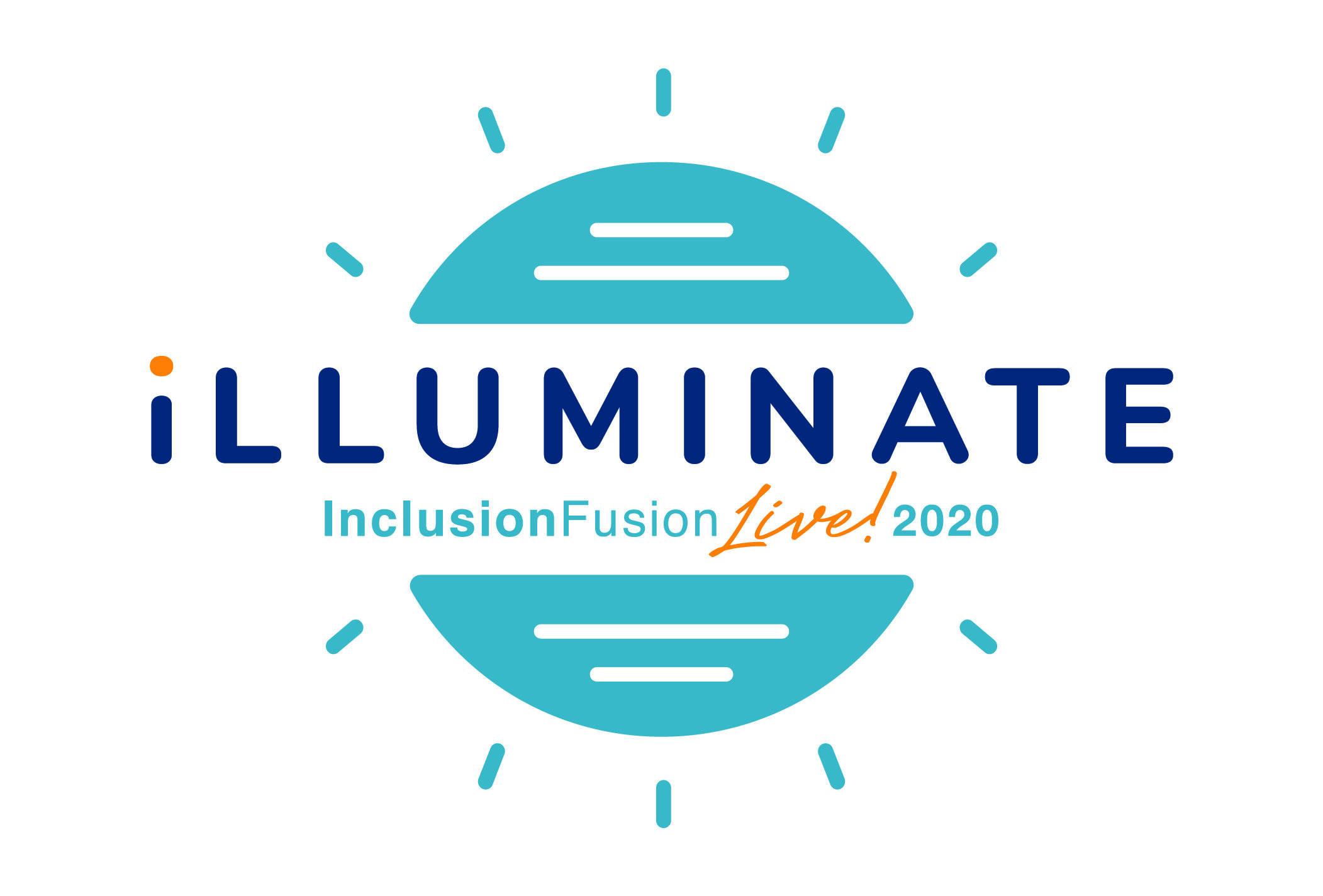November is Adoption and Foster Care Awareness month, and it has also been when we’ve announced details about Illuminate: Inclusion Fusion Live 2020. In addition to the dynamic speakers, insightful presentations and practical tools that will be showcased at the conference, the theme underlying all the ministry events is caring for vulnerable children.
This is an important, personal issue for my family, because once upon a time, my husband was one of those vulnerable children. He was one of the lucky ones: his biological parents were teenagers unprepared to raise a child, and his adoptive parents had been trying unsuccessfully to have a child for many years. He was adopted at birth, and never spent a single day in foster care.
Key Ministry is focused on equipping churches to minister to and with families with disabilities of every kind, including mental illness. But what happens to a child who doesn’t have a family or church to provide that kind of needed support? Sadly, we see the answer to that question too often in the news.
There are many ministries and social services supports to help people who find themselves homeless, or who commit crimes, and they do critical work. But the best approach is always to be oriented towards prevention and building a strong supportive foundation into a child’s life, providing help for whatever mental health or physical challenges they face.
Current data from Casey Family Programs shows that as of September 30, 2017, 427,762 children were in foster care. While the majority of kids who end up in foster care are eventually returned to their biological families (66% in 2017), 34% of children do not end up with biological family. And in 2017, 10% of these children did not end up adopted. For 2017, 42,776 children were not returned to family or adopted; most of these children aged out of the foster care system. That’s right, more than 40,000 18-year olds with no family support were suddenly cut off from the foster care system. Were you ready to be completely on your own when you were 18?
Adoption and foster care is one of those issues where everyone can play a part. And every church should be part of the solution. I’ve been personally blessed to know so many people who have been directly involved in adoption and foster care support: several different friends have adopted sibling groups and opened their homes to foster children, other friends have started and run maternity homes or pregnancy resource centers. We have done our part as well: my husband has shared his adoption story to our whole congregation to encourage others to adopt and provide foster care. We have also given significant time and finances to several organizations helping pregnant moms.
But we also know that some issues, like creating more families ready to adopt and provide foster care, or like mental health ministry, can best be tackled with the help of different organizations working together towards a few simple goals. We encourage churches to reach out to local adoption and foster care organizations to learn how families can prepare to meet these needs in their communities.
In recent years, significant focus has been directed towards states and localities hit the hardest by this nation’s opiod crisis. Per capita, there are more children available in the foster care system in opioid-impacted states. But in terms of sheer numbers of kids available and aging out of the foster care system, concentrated efforts in six large states would address more than a third of all foster care cases in the country.
The largest six states by population are (in this order) California, Texas, Florida, New York, Pennsylvania and Illinois. Just as the national population is not distributed evenly in each state, the number of kids in the foster care system are not distributed evenly. In fact, these six states have 36% of the kids in foster care. In just six states.
Casey Family Programs has robust data mining tools, offering information on specific locations and individual states, both on the numbers of children available for adoption and foster care, funds available by state for both preventative services and foster care, as well as an interactive Community Opportunity Map where churches can see by zip code demographics that often correlates to children available for foster care placements.
Every church and Christ-following family should be involved in some way in adoption and foster care support. Whether you adopt or foster a child, volunteer with local ministries supporting adoption and foster care, or give financially, be part of the prevention efforts to help give the vulnerable kids in our country the very best opportunity to become healthy adults.
For churches in California,Texas, Florida, New York, Pennsylvania and Illinois, I offer a challenge: there are significant Christian ministries and significant financial resources in each of these states. Band together to connect with foster care and adoption organizations in your communities and reduce the number of kids aging out of foster care to zero. Then rally around the families who step up to adopt and foster, provide all the mental health and physical support they need, and let the light of Christ be obvious to all.
Catherine Boyle is the Director of Mental Health Ministry for Key Ministry. You can follow her work here or on Facebook, Twitter, Instagram, Pinterest and www.catherineboyle.com.





